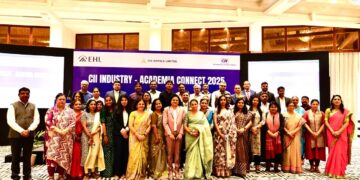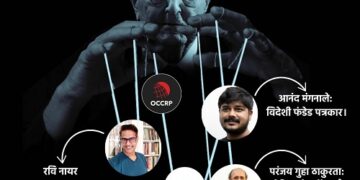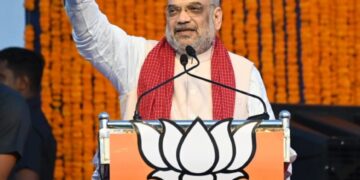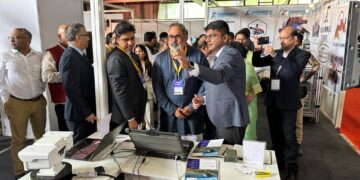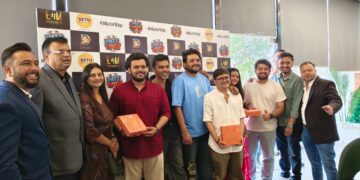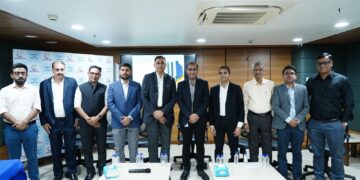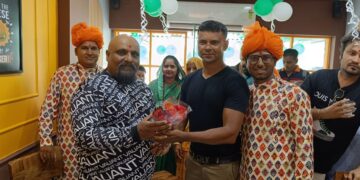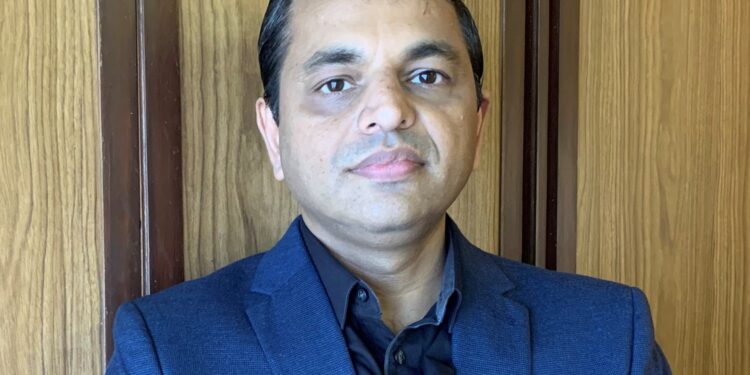| § 9 out of 10 Indian healthcare practitioners from urban India believeso, bringing to light a nutrition gapin India during National Nutrition Week
§ As high as 73% of doctors and nutritionists agree that deficiencies in the daily diet can be fulfilled by taking a multivitamin – multimineral supplement daily § The doctor-led survey covers a respondent base of 220 healthcare professionals (doctors and nutritionists)fromacross India
|
September__, 2021: The iconicmultivitamin supplementbrand Supradyn, from Bayer’s Consumer Health Division in India, has released intriguing results from its recent, nationwidedoctor-led survey which thoroughly investigates the nutrition met by an average daily Indian diet. The ‘Supradyn Nutrition Survey’, released to markthe recently concluded ‘National Nutrition Week’ celebrated from 01 – 07 Septemberannually, has found that an overwhelming 85% of doctors and nutritionists from urban India believe that only up to 70%, or in facteven lower, of one’s nutrition need is fulfilled by the average daily Indian diet.
Sandeep Verma, Country Head, India, Bayer Consumer Health Division, commented on the survey results highlighting, “National Nutrition Week aims to raise awareness on the pivotal role played by wholesome nutrition in leading a happy healthy life. Supradyn’sdoctor-ledNutrition Surveyhas identified a surprisinglylarge nutrition gap in our daily diets, highlighting a grave insufficiency of micronutrients. As a brandthat has been focused on bringing science-based solutionsto consumers in India, weunderstand the importance of not only educating them but also supporting them in achievingupto100% key nutrients for daily immunity and energy with the help of Supradyn Daily multivitaminsupplements.”
The study conducted by BrandEigen Insights and Analytics,surveyed 220 healthcare practitioners (doctors andnutritionists) across major states from all four zones (North, South, East, West) of the country,on thesufficiency ofmicronutrients in the average diet, bringing to light an alarminggap in meeting the body’s 100%nutrition requirements.This stands true across all zones in India and astonishingly even in states with pre-dominantly non-vegetarian diets, where the study revealed that as many as90% doctors and nutritionists agreed to at least a30% nutrition gap in their state’s average daily diet. The research reported that that Vitamin B12 and D3 are the top twovitamins lacking in an average daily diet across the country, followed by Zinc, Iron, Calcium, Folic Acid and Vitamin C.
Further, the survey reported that an astounding 73% doctors and nutritionistsbelieve that this inadequacy can be overcome with a daily dose of multivitamin-multimineral supplements. In fact, nearly half of those who believed in the micronutrient insufficiency in the average diet and agreed that a daily supplement can help, said that they would recommend a multivitamin when patients complain of fatigue, weakness, tiredness, and lack of energy.
With the pandemic having reset priorities, health and wellness have risen to the top of minds. Hence, ensuring that we meet our daily requirements of nutrients should be looked at as a growing necessity, not just an added advantage. “This survey has brought to life a surprising truth: an average daily diet cannot always meet 100% of your body’s nutrition requirement. Including a daily multivitamin-multimineral supplement can help bridge the nutrition gap and provide your body with optimum energy and immunity levels. The pandemic has resulted in people prioritizing their health and wellness, taking proactive measures to better understand their bodies and I’m certain these revelations by Supradyn’s Nutrition Survey will help educate consumers on meeting one’s 100% nutrition requirements” saidDr. Jenam P Mehta, Consultant Physician and Chest Specialist (Member of European Respiratory Society).
The Supradyn Nutrition Survey – Healthcare practitioner profiles:
- At least 75% of the healthcare practitioners surveyed have over a decade of clinical experience
- Out of the 206 doctors who participated in the research,189 are General Practitioners of which 71% are MBBS doctors and 29% are MDs; the balance 17 doctors are otorhinolaryngologists commonly known as ENT physicians or surgeons

